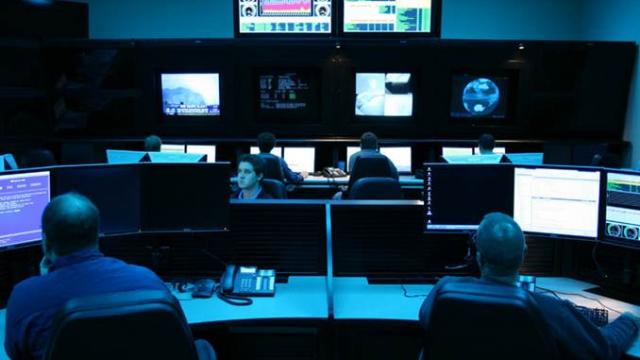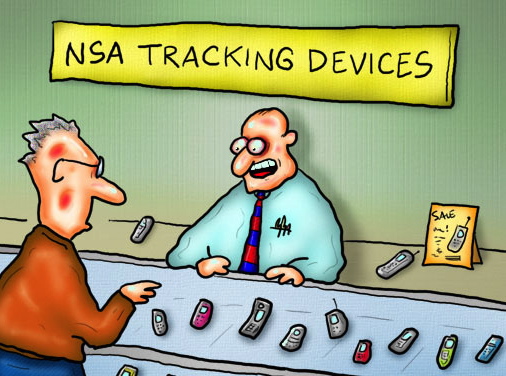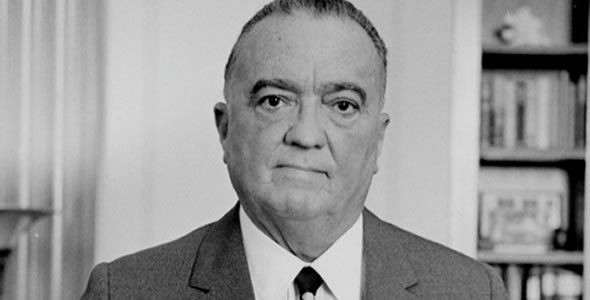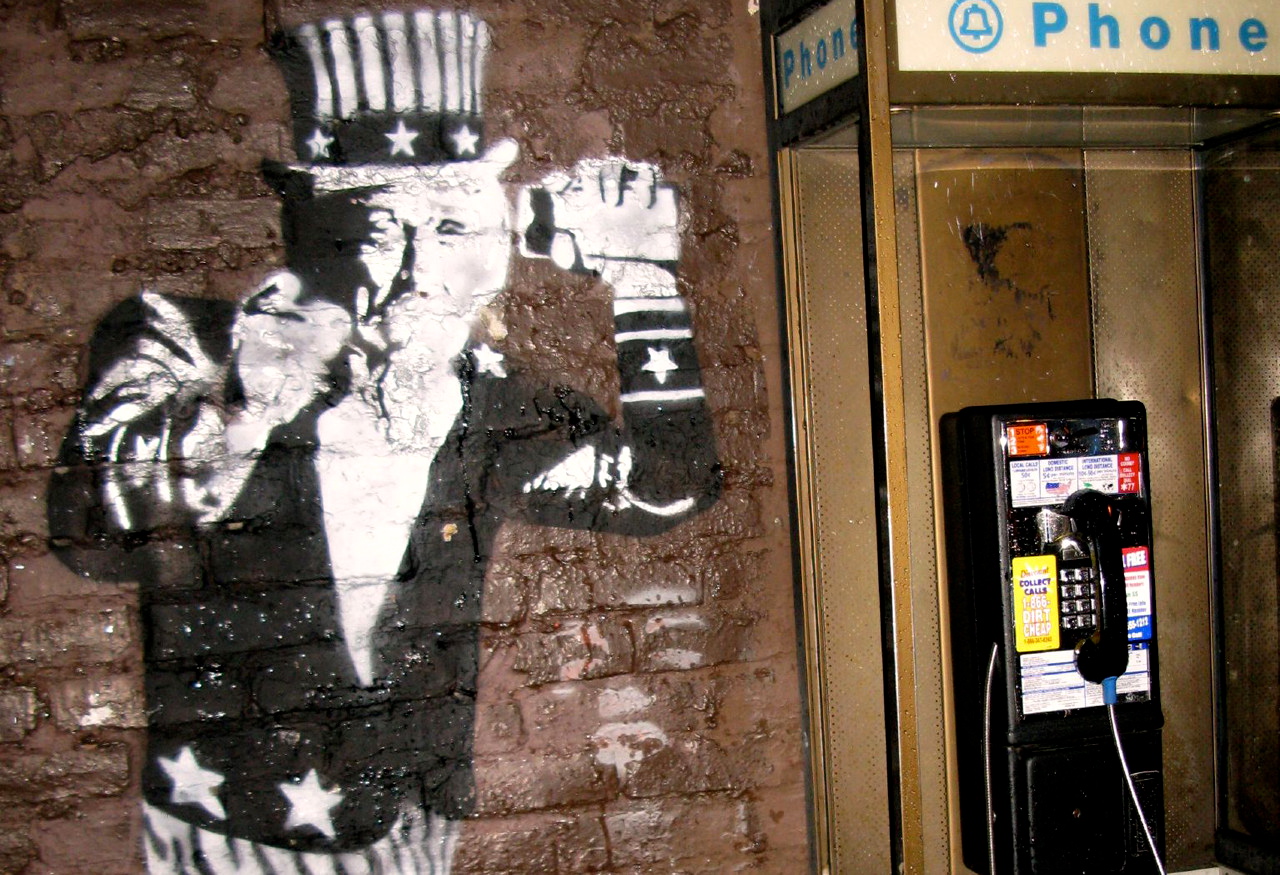
There is nothing new about political surveillance. One of the early practitioners, Joseph Fouché, the chief of police in Napoleonic France, supposedly had thousands of informers who sometimes acted as agents provocateurs. It is said that, on one occasion, two of his agents, unknown to each other, attended the same meeting where each proposed various revolutionary acts. Leaving at about the same time, they are reported to have arrested each other at the foot of the stairs.
Though the activities of the National Security Agency now in dispute are different than such earlier precursors, it is important to recognize that the older forms of surveillance persist. Consider the complaint filed in a federal court recently by the American Civil Liberties Union against The New York Police Department: it describes the systematic surveillance of mosques within a 250-mile radius of New York City and of at least 263 “hot spots” in New York City, such as cafés, restaurants, and bookstores owned and patronized by Muslims.
The complaint also describes the ways in which the surveillance—and awareness that it is taking place—have disrupted Muslim community life in New York. New-style electronic surveillance and old-style use of informers, who may be tempted to become agents provocateurs because that is a means to penetrate groups suspected of plotting against the government, can co-exist.
In the United States, political spying by the federal government began in the early part of the twentieth century, with the creation of the Bureau of Investigation in the Department of Justice on July 1, 1908. In more than one sense, the new agency was a descendant of the surveillance practices developed in France a century earlier, since it was initiated by US Attorney General Charles Joseph Bonaparte, a great nephew of Napoleon Bonaparte, who created it during a Congressional recess. Its establishment was denounced by Congressman Walter Smith of Iowa, who argued that “No general system of spying upon and espionage of the people, such as has prevailed in Russia, in France under the Empire, and at one time in Ireland, should be allowed to grow up.”
Nonetheless, the new Bureau became deeply engaged in political surveillance during World War I when federal authorities sought to gather information on those opposing American entry into the war and those opposing the draft. As a result of this surveillance, many hundreds of people were prosecuted under the 1917 Espionage Act and the 1918 Sedition Act for the peaceful expression of opinion about the war and the draft.But it was during the Vietnam War that political surveillance in the United States reached its peak. Under Presidents Lyndon Johnson and, to an even greater extent, Richard Nixon, there was a systematic effort by various agencies, including the United States Army, to gather information on those involved in anti-war protests. Millions of Americans took part in such protests and the federal government—as well as many state and local agencies—gathered enormous amounts of information on them. Here are just three of the numerous examples of political surveillance in that era:
• In the 1960s in Rochester, New York, the local police department launched Operation SAFE (Scout Awareness for Emergency). It involved twenty thousand boy scouts living in the vicinity of Rochester. They got identification cards marked with their thumb prints. On the cards were the telephone numbers of the local police and the FBI. The scouts participating in the program were given a list of suspicious activities that they were to report.
• In 1969, the FBI learned that one of the sponsors of an anti-war demonstration in Washington, DC, was a New York City-based organization, the Fifth Avenue Peace Parade Committee, that chartered buses to take protesters to the event. The FBI visited the bank where the organization maintained its account to get photocopies of the checks written to reserve places on the buses and, thereby, to identify participants in the demonstration. One of the other federal agencies given the information by the FBI was the Internal Revenue Service.
• In November 1970, the FBI issued an urgent directive to recruit informers to report on black student organizations on college campuses because the agency had concluded that, “Black Student Unions (BSU) and similar groups…are targets for influence and control by the violence-prone Black Panther Party (BPP) and other extremists.” In fact, there was never an indication that the Black Panther Party gained influence on any college campus.
The National Security Agency was involved in the domestic political surveillance of that era as well. Decades before the Internet, under the direction of President Nixon, the NSA made arrangements with the major communications firms of the time such as RCA Global and Western Union to obtain copies of telegrams. When the matter came before the courts, the Nixon Administration argued that the president had inherent authority to protect the country against subversion. In a unanimous decision in 1972, however, the US Supreme Court rejected the claim that the president had the authority to disregard the requirement of the Fourth Amendment for a judicial warrant.
When President George W. Bush authorized warrantless wiretaps without the approval of the Special Court established under the Foreign Intelligence Surveillance Act of 1978 (FISA), he effectively revived the inherent presidential power argument of the Nixon administration. The Bush administration supplemented this with the argument that the post-9/11 statute adopted by Congress, the Authorization for Use of Military Force (AUMF), implicitly encompassed warrantless wiretapping where the president’s concern was the prevention of international terrorism. The Obama administration’s defense of the current surveillance practices of the National Security Agency are not based on the claims about inherent presidential authority made by the Nixon and Bush administrations, but rely instead on the involvement of other branches of government. Yet since the arguments about executive power have been made in recent times, it is not possible to be sure that they have been permanently put to rest.
Much of the political surveillance of the 1960s and the 1970s and of the period going back to the World War I consisted in efforts to identify organizations that were critical of government policies, or that were proponents of various causes the government didn’t like, and to gather information on their adherents. It was not always clear how this information was used. As best it is possible to establish, the main use was to block some of those who were identified with certain causes from obtaining public employment or some kinds of private employment. Those who were victimized in this way rarely discovered the reason they had been excluded.
Efforts to protect civil liberties during that era eventually led to the destruction of many of these records, sometimes after those whose activities were monitored were given an opportunity to examine them. In many cases, this prevented surveillance records from being used to harm those who were spied on. Yet great vigilance by organizations such as the ACLU and the Center for Constitutional Rights, which brought a large number of court cases challenging political surveillance, was required to safeguard rights. The collection of data concerning the activities of US citizens did not take place for benign purposes.
The NSA’s surveillance practices that have been revealed in recent weeks are fundamentally different. They do not involve efforts to monitor the activities of individuals on the basis of their affiliations with certain organizations or causes. Rather, they attempt to identify the targets for surveillance through patterns of electronic behavior that arouse the government’s suspicion. Yet these new forms of surveillance, over time, may lead in the same direction. Those identified in this way may be excluded from certain benefits or opportunities on the basis of having been identified for engaging in activities that are legitimate. If that were to happen, they are unlikely ever to find out that they have been blocked on such grounds.
There is a further danger. Between 1956 and 1971, the FBI operated a program known as COINTELPRO, for Counter Intelligence Program. Its purpose was to interfere with the activities of the organizations and individuals who were its targets or, in the words of long-time FBI Director J. Edgar Hoover, to “expose, disrupt, misdirect, discredit or otherwise neutralize” them. The first target was the Communist Party of the United States, but subsequent targets ranged from the Reverend Martin Luther King, Jr. and his Southern Christian Leadership Conference to organizations espousing women’s rights to right wing organizations such as the National States Rights Party.
A well-known example of COINTELPRO was the FBI’s planting in 1964 of false documents about William Albertson, a long-time Communist Party official, that persuaded the Communist Party that Albertson was an FBI informant. Amid major publicity, Albertson was expelled from the party, lost all his friends, and was fired from his job. Until his death in an automobile accident in 1972, he tried to prove that he was not a snitch, but the case was not resolved until 1989, when the FBI agreed to pay Albertson’s widow $170,000 to settle her lawsuit against the government.
COINTELPRO was eventually halted by J. Edgar Hoover after activists broke into a small FBI office in Media, Pennsylvania, in 1971, and released stolen documents about the program to the press. The lesson of COINTELPRO is that any government agency that is able to gather information through political surveillance will be tempted to use that information. After a time, the passive accumulation of data may seem insufficient and it may be used aggressively. This may take place long after the information is initially collected and may involve officials who had nothing to do with the original decision to engage in surveillance.
President Obama has argued that we cannot have absolute protection against terrorism or absolute protection for privacy, and that some trade-off is necessary. That sounds reasonable. The difficulty with the president’s formulation, however, is that we cannot know what trade-off is acceptable if the programs that invade our privacy are kept secret.
One area in which Americans have generally made peace with such a trade-off is air travel. Some people resent the screening of passengers at airport security as an intrusion on bodily privacy. Yet most Americans have accepted giving up a small amount of privacy in the interest of safety. We are able to do so because we know what is taking place and we can gauge the extent to which our privacy is compromised.
Since President Obama is asking us to trade some of our privacy with respect to our phone calls and our use of the Internet for greater protection against terrorism, at the very least we need to know exactly how our privacy is being violated. We also need to debate fully whether such measures uphold our Constitutional rights, such as the First Amendment’s guarantees of freedom of expression and the Fourth Amendment’s prohibition of unreasonable searches and seizures. Yet if the program is kept secret, and if even the court opinions stating the rationale for authorizing surveillance are kept secret, we cannot decide whether a trade-off is warranted; if it is warranted, exactly what should be traded; if constitutional rights are implicated, whether these are appropriate matters for a trade; or how we can impose limits on any trade so as to minimize the violation of our rights. A trade made in ignorance is not much of a trade.
3 WAYS TO SHOW YOUR SUPPORT
- Log in to post comments


















